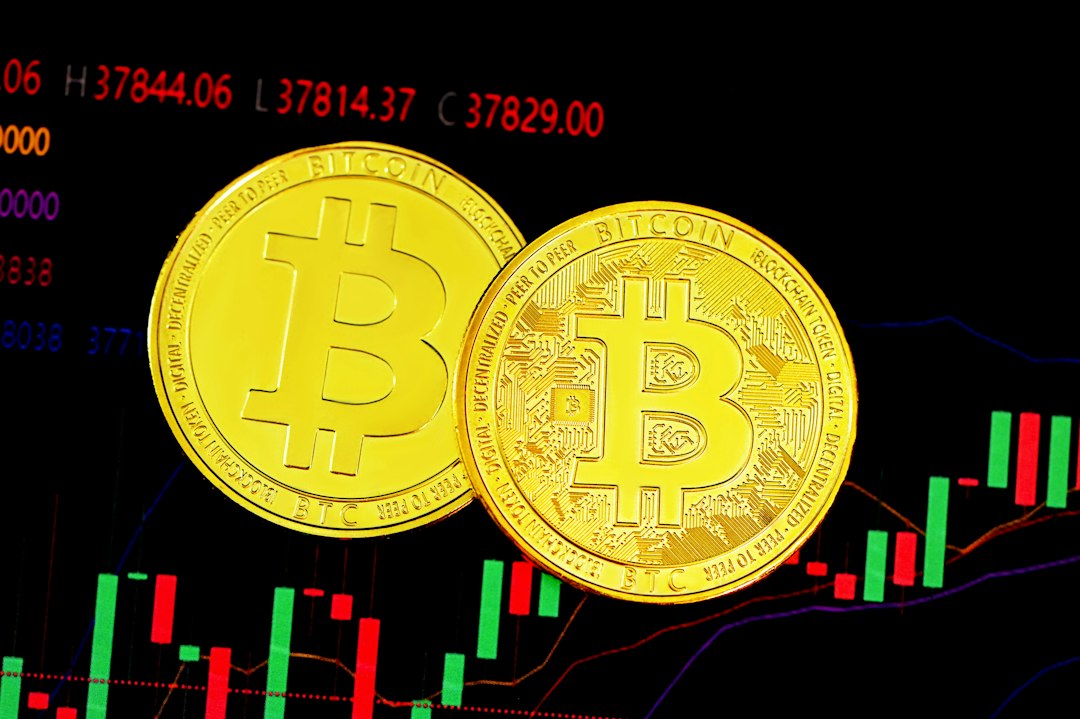The Status of Bitcoin and Ethereum as Commodities
The recent U.S. judiciary decision in the lawsuit against Uniswap has classified Bitcoin (BTC) and Ethereum (ETH) as commodities. This landmark decision has significant implications for the ongoing lawsuit and the broader crypto industry’s relationship with the SEC.
Main Breakdowns:
- The Uniswap Lawsuit
- Classification of BTC and ETH as Commodities
- Benefits of Declaring BTC and ETH as Commodities
- Impact on the Crypto Industry
- Conclusion
The Uniswap Lawsuit
The lawsuit against Uniswap revolves around whether the tokens listed and traded on the platform should be considered securities under U.S. law, falling under the jurisdiction of the SEC.
Classification of BTC and ETH as Commodities
The classification of BTC and ETH as commodities in the Uniswap lawsuit is based on the Howey Test, which determines if an asset qualifies as a security under U.S. law. The court recognized the decentralized nature of BTC and ETH and their primary use as mediums of exchange and stores of value.
Benefits of Declaring BTC and ETH as Commodities
The court’s decision provides legal clarity for Uniswap and other decentralized protocols, allowing them to operate confidently without the threat of SEC enforcement actions. It also sets a precedent for DeFi projects and DEXs, helping them navigate regulatory challenges. Additionally, it establishes the SEC’s jurisdiction over securities while acknowledging the limitations of its authority over cryptocurrencies classified as commodities.
Impact on the Crypto Industry
The classification of BTC and ETH as commodities enhances regulatory clarity, attracting institutional investors and promoting mainstream adoption. It may also lead to other cryptocurrencies seeking classification as commodities, reducing regulatory uncertainty. Furthermore, legal clarity encourages innovation in the industry and may influence regulatory decisions in other countries.
Conclusion
The classification of BTC and ETH as commodities in the Uniswap lawsuit is a significant development for the crypto industry. It provides legal clarity, promotes growth and innovation, and shapes the future of the regulatory landscape. With a clearer understanding of the framework, the industry can continue to attract participants while regulators focus on investor protection and market integrity.
Hot Take: The classification of BTC and ETH as commodities brings regulatory clarity and fosters innovation in the crypto industry, paving the way for further growth and mainstream adoption.





 By
By
 By
By
 By
By


 By
By